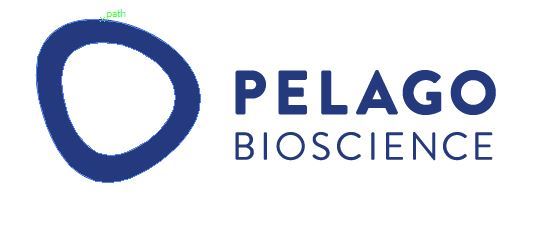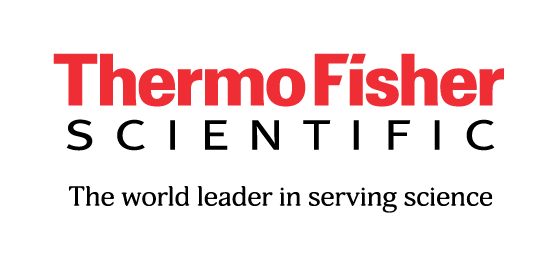What is Proteomics? |
Proteins at work – the fascinating world of proteomics More on ProteomicsProteomics has evolved from genomics and the successful sequencing and mapping of the genomes of a wide variety of organisms, including humans. Genomics involves using reagents, tools and technologies for the high throughput sequencing of DNA and the subsequent storage and annotation of the data. This process is complex and focuses on the information of one target molecule, DNA, in the nucleus of cells. Consequently, there is one genome for each organism. In contrast, proteomics focuses on the identification, localization, and functional analysis of the protein make-up of the cell. The proteins present in a cell, together with their function, sub-cellular location, and perhaps even structure, change dramatically with the organism, and the conditions faced by their host cells including: age, checkpoint in the cell cycle, and external or internal signaling events. Thus, there are many proteomes for each organism and consequently, the quantity and complexity of the data derived from the sequencing and mapping of the human proteome are estimated to be at least three times greater than that involved in the human genome project. Acquiring, analyzing, and interpreting these vast data sets requires a series of well-integrated, high-throughput technologies to lead the researcher from experimental design to biological insight. The field of proteomics is particularly important because most diseases are manifested at the level of protein activity. Consequently, proteomics seeks to correlate directly the involvement of specific proteins, protein complexes and their modification status in a given disease state. Such knowledge will provide a fast track to commercialization and will speed up the identification of new drug targets that can be used to diagnose and treat diseases. |


.png)
















